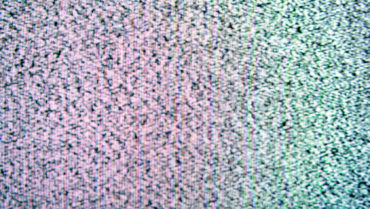Technology has undoubtedly provided many benefits to our personal and professional lives. However, as its use continues to grow more pervasive, everyday intrusions and interruptions due to technology—or so-called technoference—increase. The effects of technoference have largely been studied in the field of psychology, with the goal of elucidating technology’s influence on romantic relationships. Studies have shown that people who rate higher technoference in their relationships also reported more conflict, lower relationship satisfaction, more depressive symptoms, and lower life satisfaction. Clearly, the amount of time we spend with our mobile devices is taking a toll.1

Tech·no·fer·ence
/tek–noh feer–uh ns/
A term coined by Sarah Coyne, PhD, of Brigham Young University’s Department of Family Life. She conducted a study of 140 women in committed partnerships and found that more than 75% of them reported that cell phones had a significant negative impact on their ability to connect with their partner. The women also reported that they found themselves getting into increasingly more fights with their partner, which, in turn, left them not only feeling badly about the relationship but also depressed and less satisfied with their lives in general.
This begs the question: Is technoference also affecting the doctor-patient relationship? In many ways, practitioners see firsthand how the digitization of our practice processes contributes to our organization and efficiency. The patient, however, does not get a glimpse of this return on investment (nor do they care). Rather, what the patient might see is his or her physician trading face time for screen time—not a good look.
If your day-to-day relies heavily on mobile device use, it may be time to run interference on your technoference. This does not necessarily mean scaling back the amount of digitization in your practice, but rather prioritizing the face-to-face interactions you have with your patients. This could entail hiring a scribe, finding ways to reduce your technology use during the patient’s visit, or simply explaining to the patient why you are using a laptop or mobile device. Some patients, millennials especially, may like the fact that their ophthalmologist is tech-savvy. No patient, however, will like feeling second best to your tech.
1. McDaniel BT, Coyne SM. “Technoference”: the interference of technology in couple relationships and implications for women’s personal and relational well-being. Psychology of Popular Media Culture. 2016;5(1):85-98.



